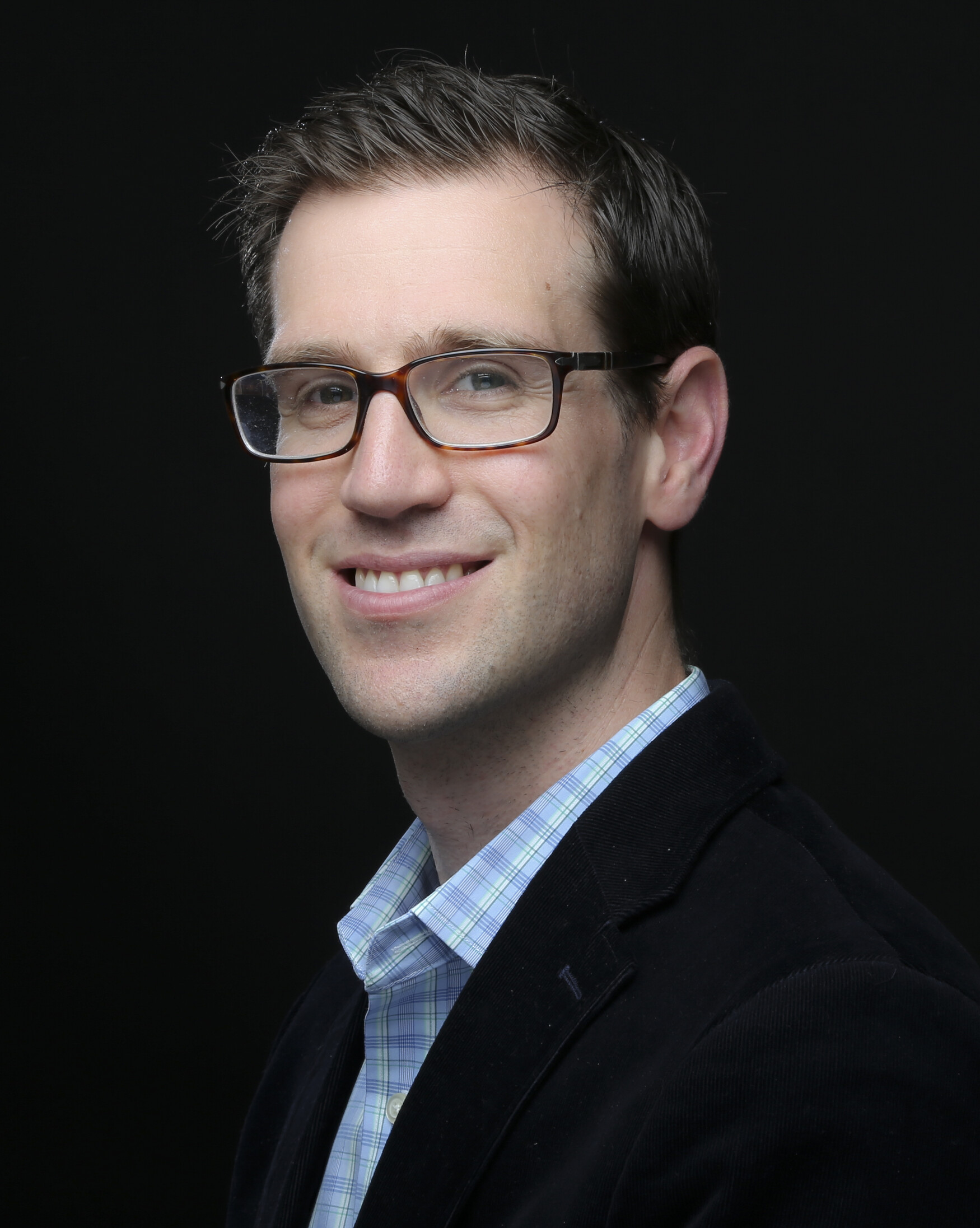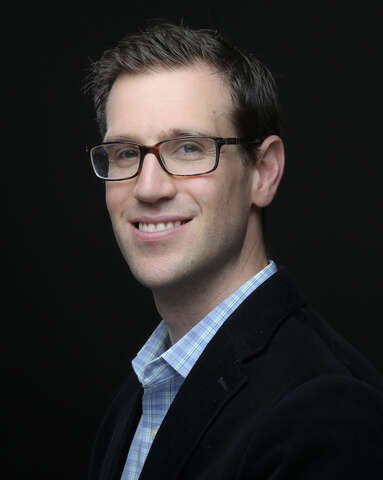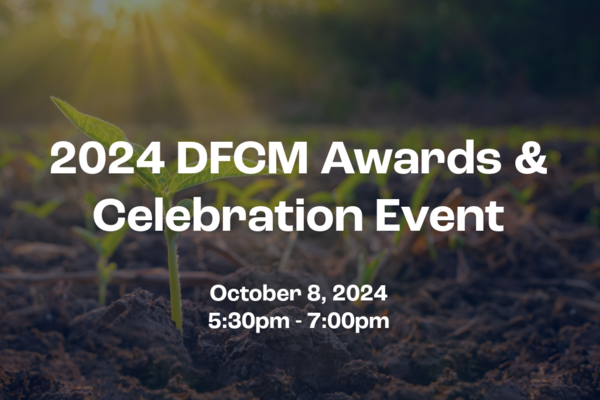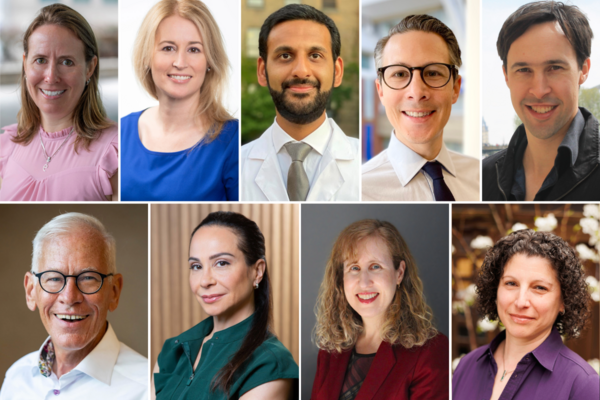New Chair Position will Aim to Improve Quality of Patient Care


Tell us why you got into implementation science.
I would start by saying first that I was always drawn to primary care and family medicine because I felt it was the biggest way to make a difference on a population basis. While in medical school, I realized how much a strong primary care system is integral to population health and wanted to contribute to that. I got into my research on knowledge translation and implementation science – maybe somewhat naively – because I felt I could make a bigger impact by helping other healthcare professionals make good decisions for patient care. All of my choices since then have been about trying to follow-through on that hope for achieving greater population impact.
For me, implementation science is about using scientific principles (often from social sciences like psychology) to think of ways of putting evidence into practice, which can mean finding ways to make it easier for family doctors to better deliver the right care to the right person at the right time. Then we use often apply methods from health services research to evaluate whether these initiatives that aim to improve the quality of care actually work.
What do you find most interesting about implementation science?
People sometimes assume that if doctors simply know best practice guidelines, then a patient will reliably get the right treatment or test. But guidelines don’t self-implement - it’s more complicated than that.
Often family doctors do know about the guideline, but the right thing to do may be difficult to implement for all sorts of good reasons. Identifying what is best practice requires a nuanced look at what really happens when a health professional is interacting with patients. A family doctor can be seeing a patient who needs a treatment, test or referral, but the patient may have other priorities, like their daughter’s mental health and so the doctor’s focus appropriately turns to that instead. So the real world is messy and how we implement guidelines or make changes to how care is delivered can be really complex; but, for me, that’s fascinating.
What do you hope to do with this new position?
I’m grateful for the Peter Gilgan Foundation and Women’s College Hospital Foundation for raising funds for this. A big partner for the Peter Gilgan Centre for Women’s Cancers is the Canadian Cancer Society so a big focus of the work will be thinking about how we identify best practices for the prevention, diagnosis, treatment and survivorship of cancer that are ready for national spread and scale through that partnership.
I’m biased, but I think it’s incredibly important that while most fundraising focuses on things like stem cell research or other revolutionary treatments, this funding supports the idea that all people who get a diagnosis of cancer reliably receive the best possible tests and treatments and continue to get the care they need after cancer treatments.
As a family doctor, I’m amazed to see what my oncology colleagues can achieve now in terms of curative therapy. But once the oncologist hands the patient back to their family doctor, we have to be prepared to identify the needs of these special patients and know when to be concerned and when not to be. Thinking about ways to address some of the challenges of survivorship is incredibly exciting.
We’re also fortunate in the cancer realm that we can easily measure many aspects of care – there’s good data to see where we’re doing well and where we can do better at a system level. I look forward to building on my existing relationships with provincial and national organizations responsible for supporting high-quality cancer care in using such data to drive improvements where they are needed.
Why is it still important to you to practice family medicine?
Being a family doctor is a core part of my identity. Treating patients in primary care informs the implementation work I do; it keeps me grounded in the realities of day-to-day clinical work and the challenges of making changes to processes of care. On the days that I’m in the clinic I’m grateful because, unlike with my scientific work which is more slow-going in term of impact, I have a chance to make a difference for patients right away. On a personal basis, I still need that to keep me going.
News



